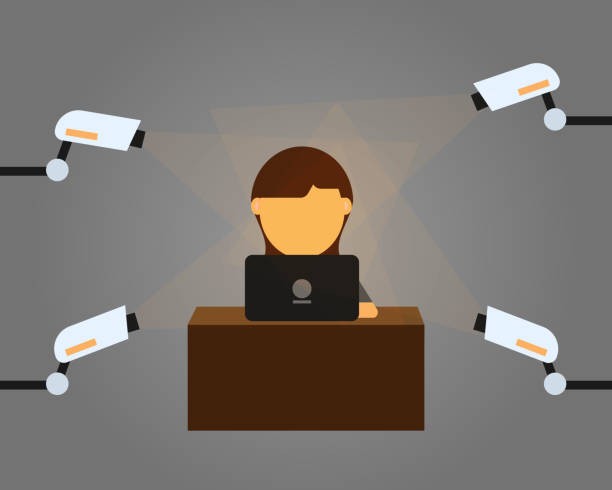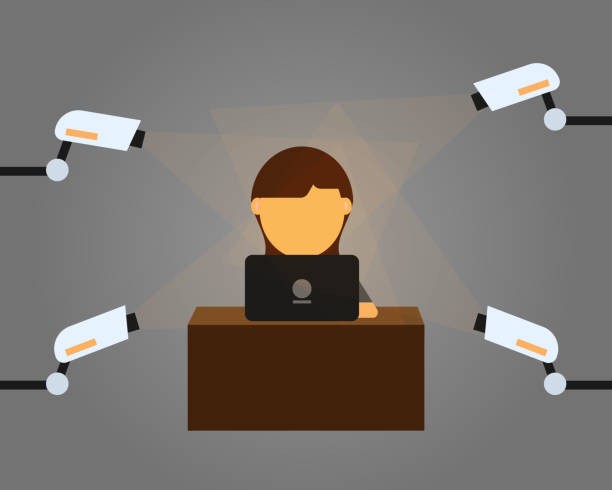
Micro-managing is talked about a lot in many different workplaces but I’ve yet to come across a discussion on it from a teacher’s point of view. If unsure, here’s what micro-managing in education looks like:
1. Constantly checking in on the teachers’/tutors’ work, requiring approval for even the smallest details and laughing it off as just your need for ‘perfection’.
2. Excessively monitoring performance, without allowing them the autonomy to make decisions.
3. Requiring teachers to report every student interaction, undermining their authority and decision-making skills.
4. Overloading teachers with unnecessary meetings and reporting, leaving little time for meaningful work.
5. Giving excessively detailed instructions, even for simple or familiar tasks.
6. Constantly emailing, texting, or messaging staff outside of working hours, or expecting immediate responses.
7. Insisting on being part of every decision-making process or meeting, even when it’s not necessary or relevant.
8. Setting unrealistic or unnecessary deadlines, or constantly reminding teachers about upcoming deadlines.
9. Regularly making minor changes to the workload that don’t significantly improve the outcome or insisting on multiple rounds of approval for minor tasks.
10. Restricting access to information or resources, forcing teachers to ask for permission or assistance when it’s not necessary.
11. Focusing primarily on mistakes or areas of improvement, without acknowledging or praising the initiatives, successes and achievements.
📉 Impacts of Micro-managing in Education:
· Lower morale and job satisfaction
· High turnover rates and difficulty retaining top talent
· Stifled creativity and innovation, leading to a less engaging environment
· Increased stress and burnout for all involved!
So, if you happen to be doing any of the above, knowingly or unknowingly – maybe time to re-think your strategy? By recognizing the signs of micro-managing and taking steps to address it, leaders in the education industry can create a supportive work environment that nurtures growth, innovation, and success.
🚀 How to Avoid Micro-managing:
✅ Establish clear expectations and goals, then allow freedom to achieve those goals
✅ Implement regular check-ins and feedback sessions, rather than constant monitoring
✅ Foster a culture of trust and open communication, encouraging collaboration and problem-solving.
✅ Provide ongoing professional development opportunities, empowering educators to grow and improve.
✅ Clearly communicate the desired outcome and give staff the necessary resources and authority to complete tasks. Trust their expertise and allow them to work independently.
✅ Help teachers and staff understand the priorities and focus areas, so they can manage their time and resources effectively without the need for constant supervision.
✅ Create an open atmosphere where staff and teachers feel comfortable providing feedback on management styles, including instances of micro-management.
✅ Ensure everyone on the team has a clear understanding of their roles, responsibilities, and the scope of their authority.
✅ Instead of concentrating on every step of the process, evaluate teachers/staff based on the efforts and initiatives they take up. This approach fosters innovation and encourages efficiency.
✅ Encourage employees to learn from their mistakes, rather than punishing them for every error. This approach helps build trust and reduces the need for micro-management.
✅ Recognize and reward teachers for their initiatives, achievements, and successes.
✅ Invest in the professional growth of your staff/teachers by offering mentorship and coaching opportunities to help them develop their skills and abilities, reducing the perceived need for micro-management.
In simple terms – make your team feel safe with you, ensure they can trust you and allow them to feel comfortable communicating with you. This will help you and your team work and grow together in harmony! 🌟

